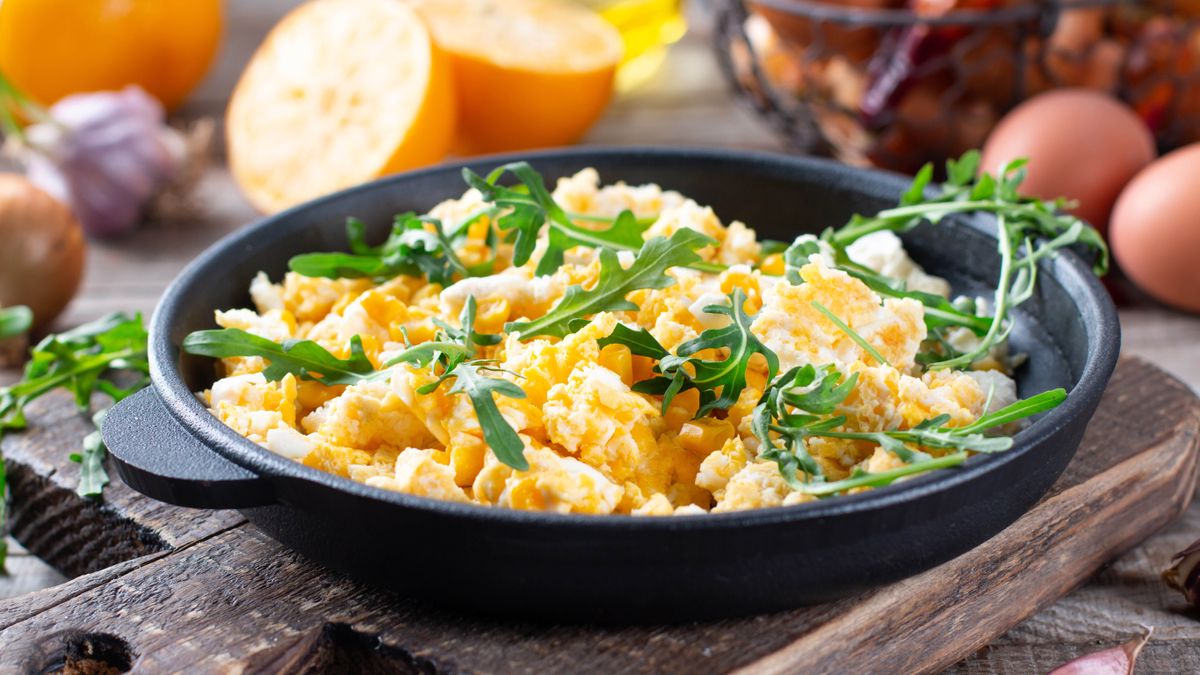Cast iron skillets are beloved kitchen staples known for their durability, excellent heat retention, and versatility. However, despite their many benefits, there are certain foods that you should avoid cooking in cast iron. Here are four things you should never cook in a cast iron skillet and why you should steer clear of these culinary pitfalls.
1. Acidic Foods
Acidic foods, such as tomatoes, citrus, and vinegar-based sauces, can be problematic in cast iron cookware. The high acidity can react with the metal, leading to a metallic taste in your food and potentially damaging the skillet’s seasoning.
Why to Avoid:
- Metallic Taste: The acid reacts with the iron, imparting a metallic flavor to your food.
- Damaging the Seasoning: Acidic foods can strip away the seasoned layer of the skillet, making it more prone to rust and reducing its non-stick properties.
Alternative Solutions:
- Use enameled cast iron for acidic dishes, as the enamel coating prevents direct contact between the food and the iron.
- Cook acidic ingredients in stainless steel or non-stick pans.
2. Delicate Fish
Cooking delicate fish, such as tilapia or flounder, in cast iron can be challenging. These types of fish tend to stick to the skillet and can easily fall apart during cooking.
Why to Avoid:
- Sticking Issues: Even well-seasoned cast iron can cause delicate fish to stick, leading to a mess and potentially ruining your dish.
- Difficulty in Flipping: The delicate nature of these fish makes them hard to flip without breaking apart in a heavy skillet.
Alternative Solutions:
- Use a non-stick or stainless steel pan for cooking delicate fish, which allows for easier handling and flipping.
- Opt for heartier fish, like salmon or tuna, which can withstand the high heat and handling of cast iron.
3. Eggs and Egg Dishes
While cooking eggs in cast iron can be done successfully with a well-seasoned skillet, it’s often not recommended, especially for beginners. Eggs are notorious for sticking, and without a perfect seasoning, you might end up with a stuck-on mess.
Why to Avoid:
- Sticking Issues: Eggs can stick to the surface if the skillet isn’t perfectly seasoned.
- Cleanup Hassles: Cleaning stuck-on eggs from cast iron can be a tedious task and can damage the seasoning.
Alternative Solutions:
- Use a non-stick pan for eggs and egg dishes to ensure easy release and cleanup.
- If using cast iron, make sure it is well-seasoned and use plenty of fat (oil or butter) to prevent sticking.
4. Sticky or Sugary Foods
Cooking sticky or sugary foods, such as pancakes with syrup, caramel, or sugary glazes, in cast iron can lead to stubborn residues that are difficult to clean.
Why to Avoid:
- Difficult Cleanup: Sugar can caramelize and create a sticky residue that is hard to remove, potentially damaging the seasoning.
- Burnt Flavors: The high heat retention of cast iron can cause sugary foods to burn quickly, imparting a burnt flavor to your dish.
Alternative Solutions:
- Use non-stick or stainless steel pans for sticky or sugary foods to avoid difficult cleanup.
- For baking sweet dishes, consider using enameled cast iron, which prevents direct contact with the metal and simplifies cleaning.
Conclusion
Cast iron skillets are incredibly versatile and durable, but they do have their limitations. Avoiding acidic foods, delicate fish, eggs, and sticky or sugary dishes in cast iron can help maintain your skillet’s seasoning and ensure the best cooking results. By knowing what not to cook in cast iron, you can keep your skillet in top condition and enjoy its benefits for years to come.

